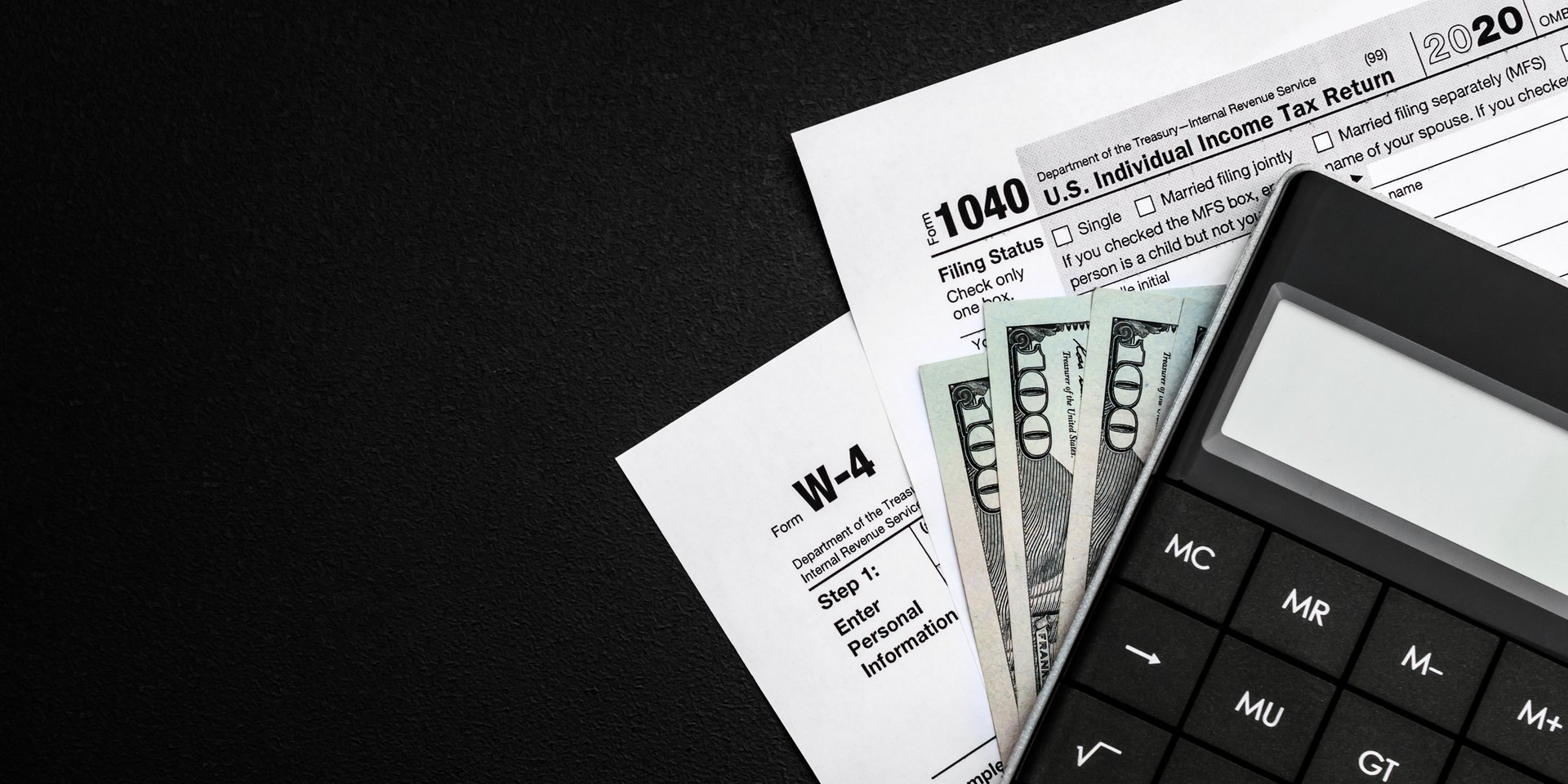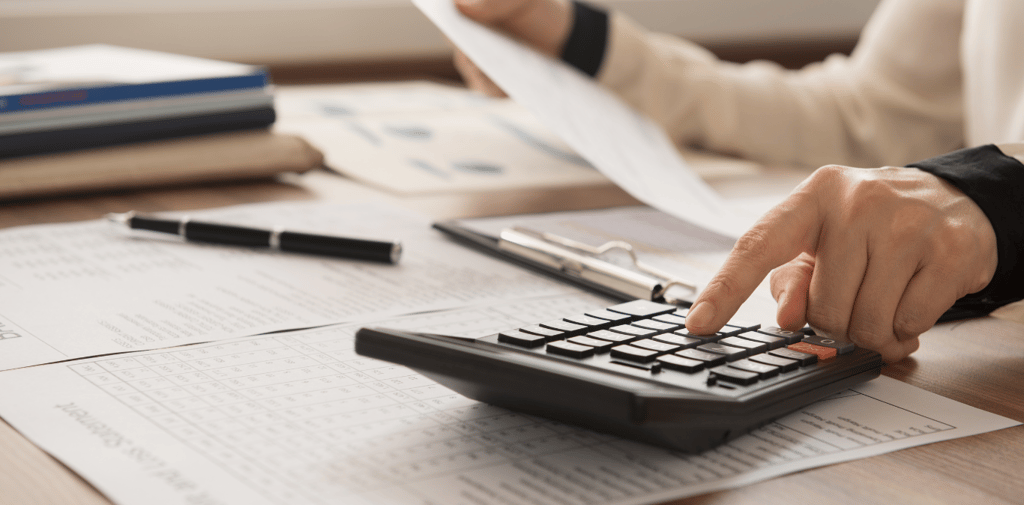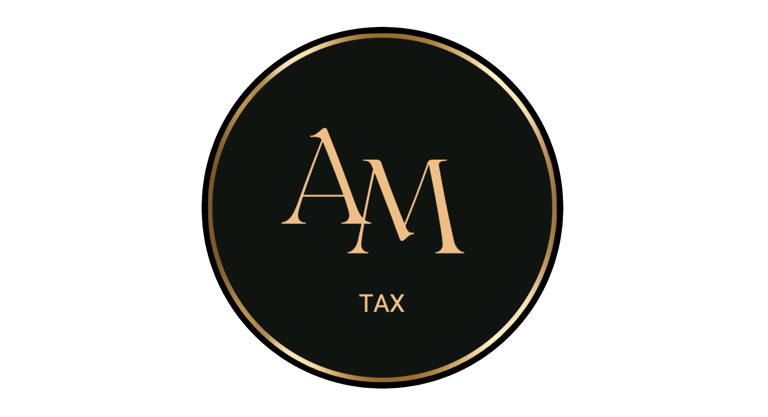
How to Find a Qualified Tax Preparer?
10 things to consider.
8/7/20232 min read


Perhaps you've engaged with a tax preparer previously, but have you ever inquired about their credentials?
Many individuals overlook this important step, despite tax preparers having access to sensitive information such as your bank accounts, marital status, children's details, and Social Security number.
Here are ten tips to help you find a qualified tax preparer near you:
Inquire about their Preparer Tax Identification Number (PTIN): Ensure that the tax preparer possesses a PTIN as it is mandated by the IRS for anyone who prepares federal tax returns for compensation [1]. Volunteer tax preparers are exempt from this requirement. It is essential that your income tax preparer includes their PTIN on your return, as per IRS regulations.
Seek a CPA, Law License, or Enrolled Agent (EA) designation: While a PTIN is a basic requirement, it is beneficial to take an additional step and choose a credentialed preparer who is either a Certified Public Accountant (CPA), licensed attorney, or an Enrolled Agent (EA). These professionals are held to a higher standard of education and expertise, as their credentials require ongoing study and dedication.
Consider participation in the IRS Annual Filing Season program: You may also opt to work with a tax professional who has completed the IRS' Annual Filing Season program. Programs like Accredited Business Accountant/Advisor and Accredited Tax Preparer fulfill the requirements of the Annual Filing Season Program and demonstrate the preparer's commitment to staying up-to-date with tax regulations.
Check for professional memberships: Look for tax preparers who are members of professional organizations such as the National Association of Tax Professionals (NATP), National Association of Enrolled Agents (NAEA), the American Institute of Certified Public Accountants (AICPA) or others. Membership in such organizations often indicates a dedication to professional development and adherence to ethical standards.
Verify their experience: Inquire about the tax preparer's experience and the number of years they have been working in the field. Experienced preparers may have encountered situations similar to yours and can offer valuable insights.
Read reviews and ask for references: Read reviews or testimonials from previous clients to gauge their satisfaction level. Additionally, do not hesitate to ask the preparer for references whom you can contact to gain further insight into their services.
Check for disciplinary actions: Consult with the Better Business Bureau (BBB) or state licensing boards to verify whether any disciplinary actions have been taken against the tax preparer.
Look for a preparer with expertise in your specific needs: If you have specific tax circumstances, such as being a business owner, freelancer, or having complex investment income, seek a tax preparer who specializes in handling such cases.
Discuss fees upfront: Before proceeding with the tax preparer, have a clear understanding of their fee structure and ensure there are no hidden costs. Remember that higher fees do not always equate to better service.
Trust your instincts: Lastly, trust your instincts. Choose a tax preparer with whom you feel comfortable discussing your financial matters, as open communication is crucial during the tax preparation process.
By following these tips, you can find a competent and reliable tax preparer who meets your specific needs and ensures your financial information remains secure.


